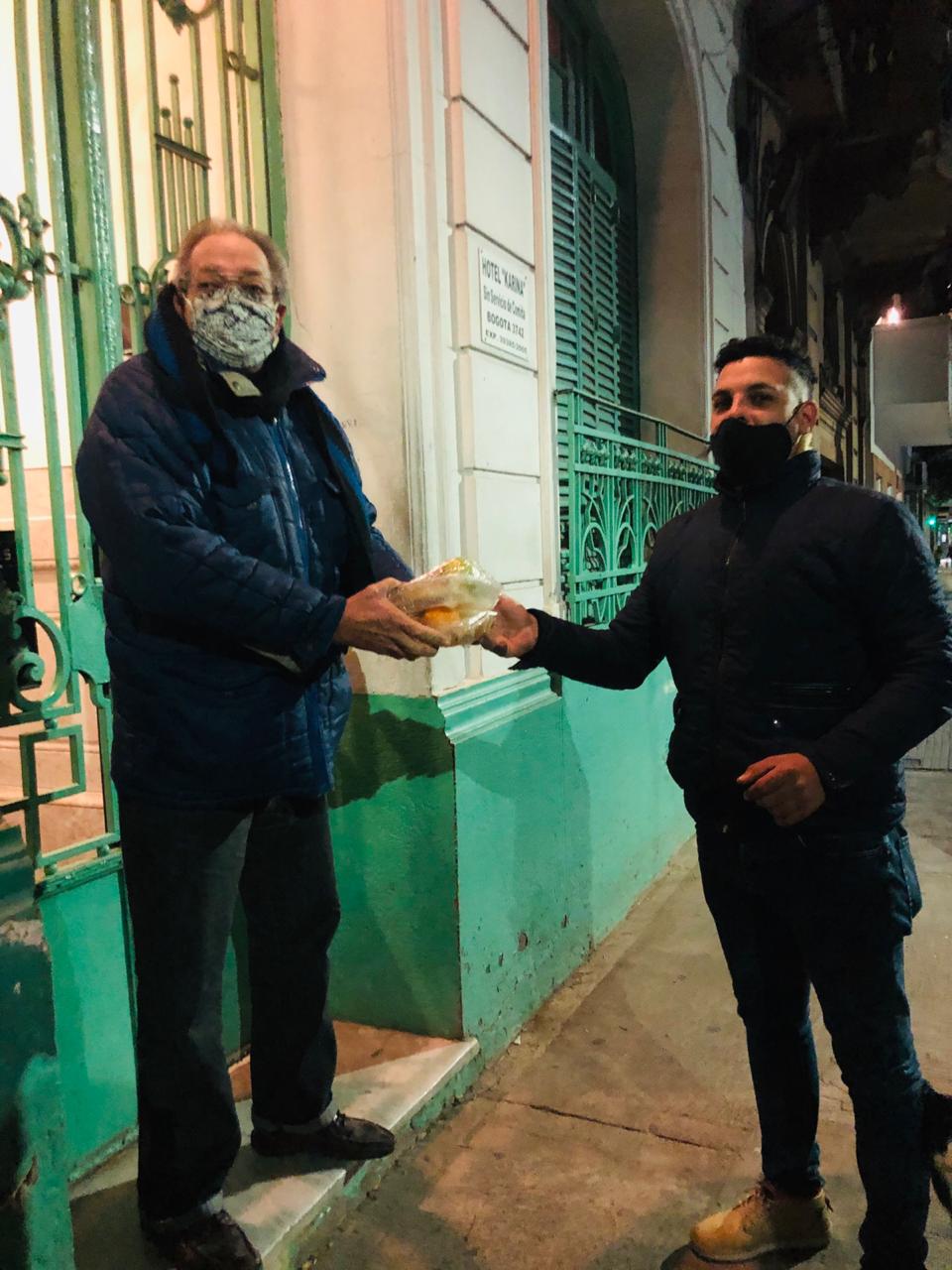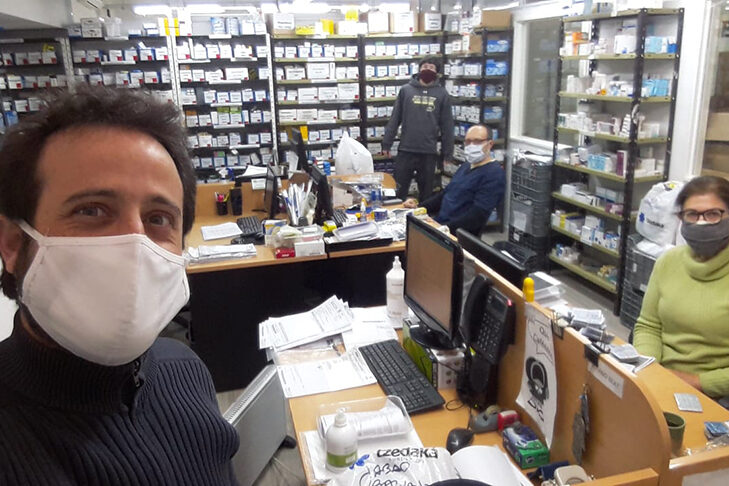In 2002, members of Boston’s Jewish community stepped in to help the Argentinian Jewish community after a post-9/11 economic crisis in the country.
In partnership with CJP, local volunteers founded the Argentinean Jewish Relief Committee of Boston (AJRC), an all-volunteer grassroots response to the worsening circumstances facing Jews in Argentina. Founded by Alberto Limonic, the group held fundraiser concerts and rallied people to contribute, resulting in hundreds of thousands of dollars being sent to Argentina to support soup kitchens, food pantries, community pharmacies, schools and homes for at-risk youth for the Jewish community.
To deepen the connection, a group from CJP also traveled to Argentina in 2002 to meet with Jewish leaders and assess local needs.
When they returned, “we made everyone in Boston aware there was a Jewish community in free fall in a country in crisis,” said Alex Sagan, a longtime CJP volunteer and past member of CJP’s Board of Directors who helped spearhead the effort to support Argentina.
Over time, the situation improved. But last year, the country found itself headed into another crisis with a highly contested election and an unstable economy. And then COVID-19 hit.

Once again, CJP was there in a time of need. Thanks for generous donors, CJP allocated $50,000 from its Coronavirus Emergency Fund to the Jewish community in Argentina to provide laptops for remote education for vulnerable children, and to fund the delivery of medicine and food to families and senior citizens.
“The Argentinian Jewish community is extraordinary because of its amazing history and vital institutions that aid the needy and educate most of the kids via Jewish day schools,” said Sagan. “This support is honoring that history and helping in a time of need. With all of the competing demands related to COVID-19, I’m grateful CJP has the capability to help a few key spots outside of the United States, such as Haifa, Dnipro and now Argentina.”
The pandemic in Argentina—and the resulting mandatory quarantine that’s lasted more than four months—has caused a significant spike in the country’s poverty levels, said Patricia Kahane, executive eirector of Fundación Tzedaká, an organization that’s been supporting Jews in Argentina since 1991. She said an estimated 60% of the population is now socially and economically vulnerable. In the Jewish community, this phenomenon is evidenced by the rising need for food, medicine and housing support.
“The donation from the Jewish community in Boston to buy computers not only means that these kids will still be on track, but also prevents their isolation so they can keep in touch with their friends and their schools,” Kahane said. “These computers are a tool for their parents to look for work, and most of all, to facilitate Tzedaká’s intervention with these families in a moment of so much vulnerability. These computers mean inclusion, thus, they mean the future.”
Review all of the grants allocated from CJP’s Coronavirus Emergency Fund to date.



